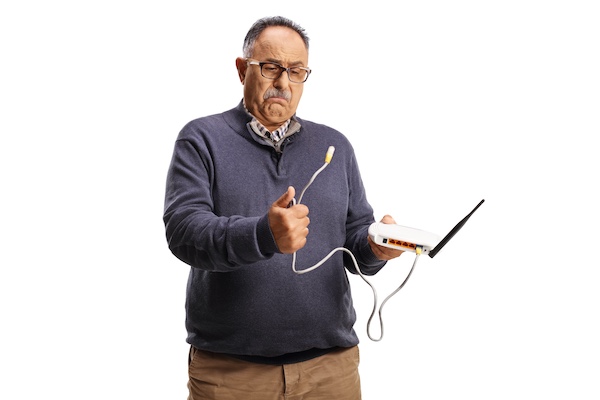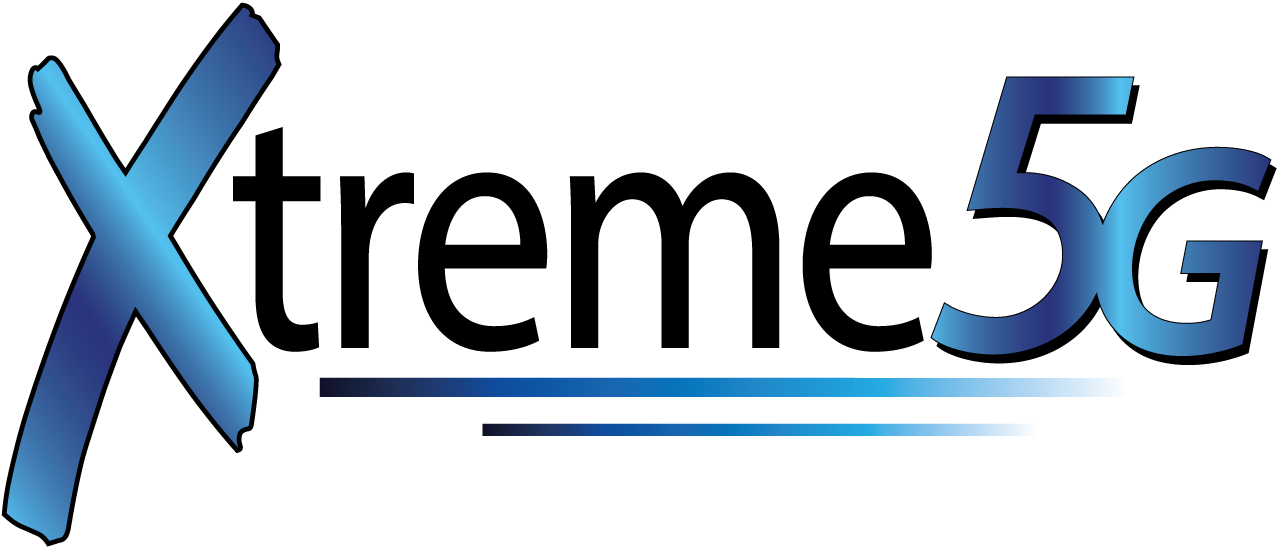Internet Performance and How to Improve Your Overall User Experience

Is your internet slow? Before you call technical support, you may want to take a look at some common issues that can affect performance. Fixing these common problems can save you time and money over calling in a technician for support.
- File-Sharing Programs: File-sharing programs like BitTorrent use huge amounts of data, which can lead to slow connection speeds.
- Cords & Cables: Check that all cables are fitted securely into ports of your WIFI router and POE device. Moving equipment can cause cables to become disconnected. Inspect cables and power cords for damage. Pets and vacuuming over cords can cause damage. If connected to a power strip, ensure that the power strip is on and in good working order.
- Viruses/Adware/Malware: Viruses and Malware will affect internet performance. Use a service such as Microsoft Defender Antivirus, Norton 360, or McAfeeto check your computer for harmful software.
- Firewalls: A firewall monitors all network traffic on your computer, so a strict firewall can lead to slow internet speeds. Try restarting your firewall to its default settings.
- Power Outage: Check with your power provider to see if your location is part of a power outage.
- System Memory (RAM): Close any programs not in use to increase your computer’s performance. You may also consider upgrading your computer’s RAM.
- Old Equipment: WIFI Routers have a shelf life of 3 to 5 years. Consider replacing your router if you notice that you have poor internet performance in your home where you had great performance before.
- Frequency and Bandwidth: The primary differences between wireless frequencies are the range (coverage) and bandwidth (speed) that the bands provide.
- The 2.4 GHz band provides the most coverage but transmits data at slower speeds.
- The 5 GHz band provides less coverage but transmits data at faster speeds.
Wireless range decreases with higher frequencies because higher frequencies cannot penetrate solid objects, such as walls and floors. However, higher frequencies allow data to be transmitted faster than lower frequencies, so higher frequencies like 5 GHz allow you to upload and download files faster than 2.4 GHz.
Your WiFi connection on a particular frequency band can also be affected by interference from other devices. Many WiFi-enabled technologies and other household devices use the 2.4 GHz band, including microwaves and garage door openers. When multiple devices attempt to use the same radio space, overcrowding occurs.
The 5 GHz band tends to have less overcrowding than the 2.4 GHz band because fewer devices use it and because it has 23 channels for devices to use, while the 2.4 GHz band has only 11 channels. The number of channels that are available to you depends on the wireless regulations in your region. If you’re experiencing a lot of interference from other devices, consider using the 5 GHz band.
- Issues with Smart TV: Everything installed on your smart TV consumes a certain amount of storage space. If you have a lot of downloaded apps, files and other downloaded content, your smart TV can experience a storage overload. Additionally, your smart TV’s limited random-access memory (RAM) can fill up over time, which negatively affects its streaming capabilities and overall performance. You can help improve your smart TV’s operation by:
- Uninstalling apps that are rarely used and making sure unused apps are closed and not running in the background.
- Clearing the cache to delete temporary files and data from various apps or the operating system itself, which all use up precious space.
- Deleting unnecessary downloaded media files that you no longer need, such as older photos, videos, and gaming content. You can also always move them to an external storage device, like USB flash drives or external hard drives.
- Streaming content instead of downloading media files. Streaming takes up less permanent storage space than downloaded content, leaving more space for other operations.
